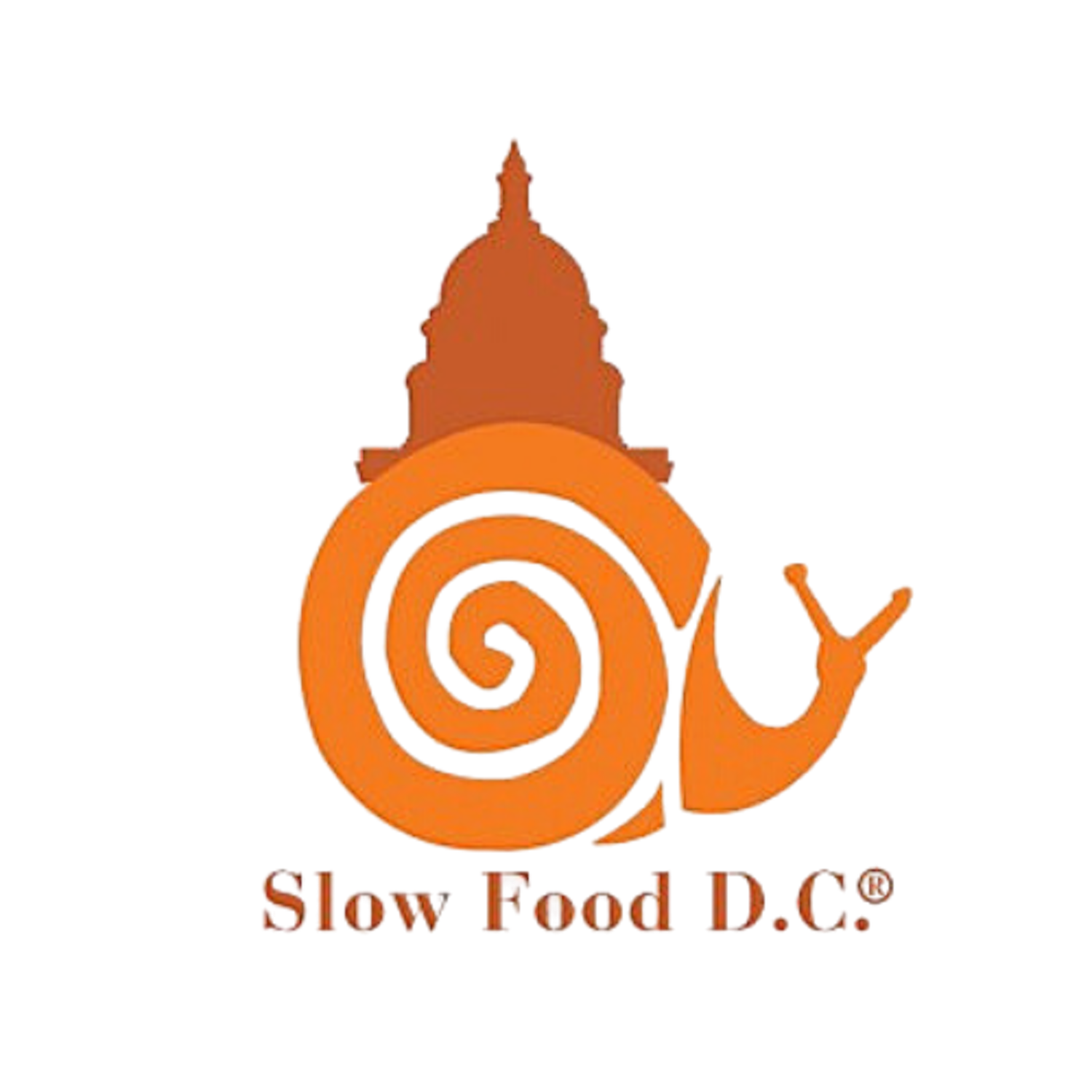How is the Pandemic Affecting the Food System?
The COVID-19 pandemic has changed everything about daily life - including our food system. What and how we grow, market, eat, and share food is fundamentally different right now - and possibly into the foreseeable future.
On July 15, stakeholders from across the food (and farm) system came together on Zoom to talk about these issues. The discussion, which was moderated by Food Tank co-founder and president, Danielle Nierenberg, covered how the crisis has affected the panelists' businesses, how they're overcoming obstacles, what individuals can do to support local food and farms, and how this will affect food and agriculture into the future.
Though the panelists' experiences vary widely, they all credit their success throughout the pandemic to flexibility, innovation, adaptation, and relationships with customers and other food businesses. The restaurant industry has been among the most directly impacted by the pandemic, with nearly 16,000 forced to permanently close over the past several months. Amy Brandwein, the James Beard-nominated Centrolina owner and chef, immediately shifted to delivery, curbside pickup, gift cards, and pantry items, though they still are only pulling in about 30 percent of their normal revenue.
As a fish supplier, Cold Country Salmon owner Zac Culbertson was on the other side of this equation. 70 percent of seafood is consumed at restaurants, a market that largely disappeared following nationwide stay at home orders. Though Cold Country Salmon did not sell primarily to restaurants, instead depending on farmers markets for the majority of their sales, they still faced significant disruptions when many markets closed temporarily at the beginning of the pandemic. Fortunately, Zac had a loyal customer base that still wanted to order from him directly. To make delivery financially feasible, he also started carrying goods from other farmers market vendors on their delivery route.
Restaurant, market, and other business closures have also hit farmers hard, as FRESHFARM pop-up food hub manager Leah Koeppel noted. Some have been able to donate surplus food to food pantries and other charities, but it is often costly to do so. Instead, to help prevent food waste and keep farmers in business, the pop-up food hub connects FRESHFARM vendors with wholesale clients that want to incorporate more fresh food into their programming - places like daycare facilities, rec centers, health clinics, and mental health programs.
When women-owned distillery Republic Restoratives had to close its doors to in-person events and bar service, finance director Sarah Mosbacher took similar action to move their sales online. In addition to offering delivery services, they also started producing a new, high-demand product: hand sanitizer. While she hopes that the venture is temporary, she acknowledges that it's been an important way to diversify their revenue in the short-term.
Though these efforts to pivot have helped keep all of the featured panelists' businesses afloat, it is important to note that it's exhausting and expensive for vendors to continue creating new products and innovating marketing strategies. In the long-term, better, more sustainable solutions will be necessary to ensure the longevity of small and local food suppliers.
Want to learn more? You can watch the full discussion on SFDC's Facebook page.
